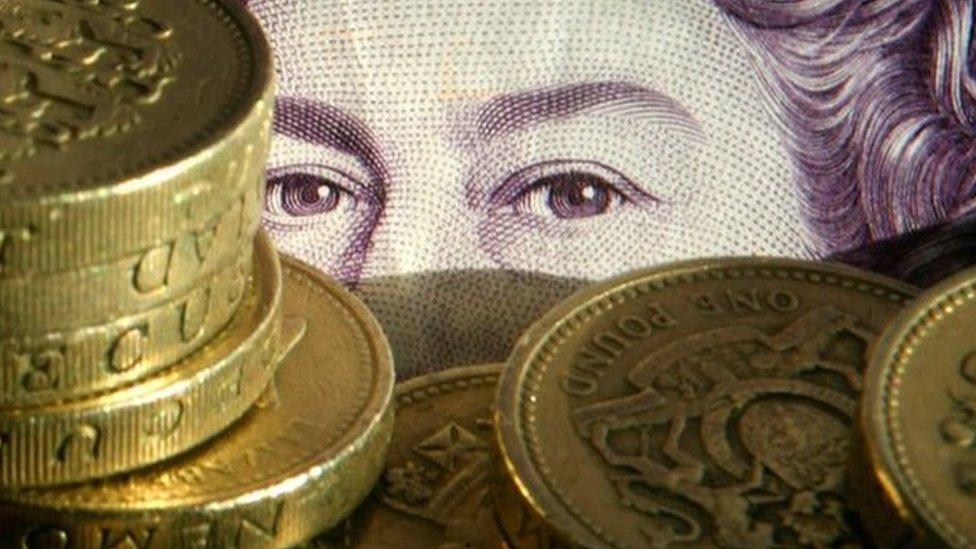Budget Q&A: What it means for Wales
- Published
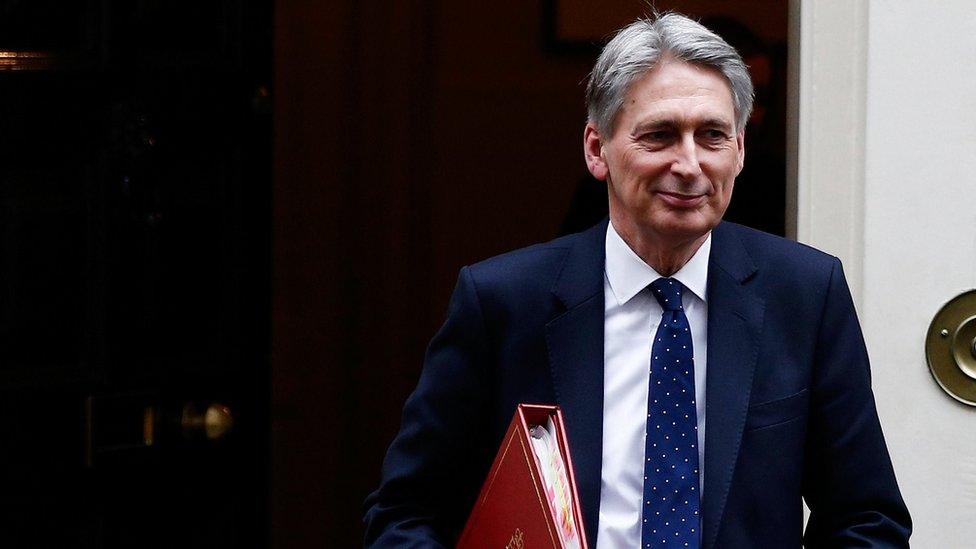
No spending sprees - but what else can we expect in Philip Hammond's first budget?
Philip Hammond presents his first UK Budget as chancellor on Wednesday. BBC Wales parliamentary correspondent David Cornock explains what it means for Wales.

What is the Budget?
It's a speech by the chancellor of the exchequer in which he updates MPs on the economy, the UK government's spending plans, and how he plans to pay for them. His decisions affect all of us. Philip Hammond says this will be the last Budget in the spring. In future, it will be held in the autumn.

What do we know already?
The chancellor has already announced several measures that take effect from the start of the new financial year on April 6:
The amount you can earn before paying income tax rises from £10,600 to £11,500
The higher rate threshold rises from £43,000 to £45,000
The annual ISA limit rises from £15,240 to £20,000
Corporation tax will be cut from 20% to 19%
Insurance premium tax will rise from 10% to 12% in June
Petrol duty is frozen until April 2018

What else has been trailed?
Mr Hammond has announced a crackdown on small print "subscription traps" to help people who inadvertently sign up for services after free trials.
The Treasury has said there will be money for schools and vocational education in England. The Welsh Government can expect a population-based share of rises in spending in these areas under what's known as the Barnett formula. It can spend extra cash as it chooses.
The chancellor is using the new National Productivity Investment Fund to finance research into, among other things, robots and artificial intelligence. Devolved governments get a share of increases in this spending in England.

Where is the chancellor under pressure?
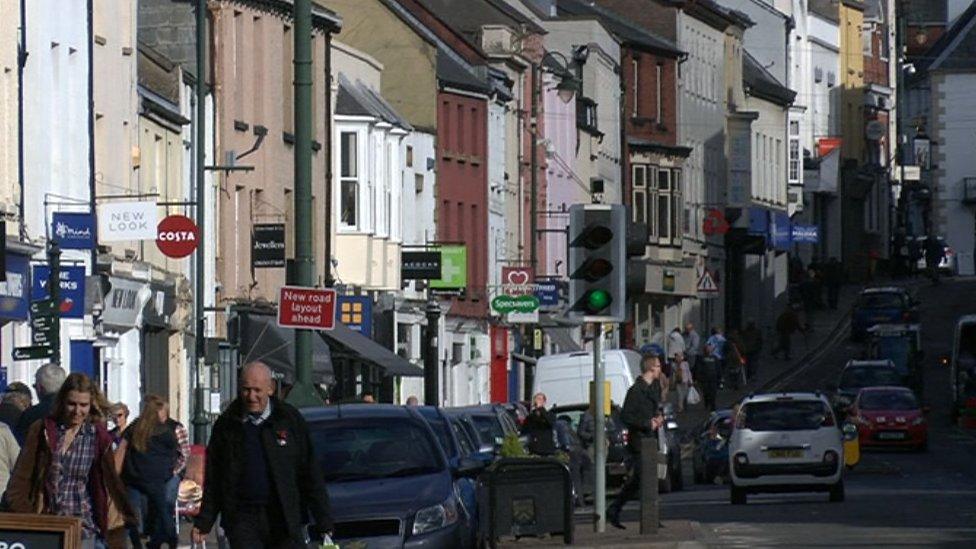
Shops in Monmouth have claimed they face a big hike in business rates due to revaluation
The revaluation of business rates in Wales and England has led to complaints about sharp increases and calls for help to be offered to affected businesses.
Business rates are devolved but, if the chancellor finds more cash to help businesses in England through the Department for Communities and Local Government, then the Welsh Government may get a share to spend as it chooses.
Mr Hammond is expected to announce a cash injection to tackle social care problems in England. The Welsh Government would expect to get some more money as a consequence of this but it would not have to spend it on the same thing.

What about the Swansea Bay region city deal?
In his autumn statement last November, the chancellor told MPs that the government was committed to "working towards" new city deals, including one for the Swansea Bay region. On 28 February, eight days before the Budget, he said: "This discussion is still ongoing. I hope we may bring it to conclusion within, let's say, the next eight days."
Since then UK government sources have suggested that more work needs to be done before the city deal is formally signed off, although there may be more "warm words" in the Budget speech.

What about the Swansea tidal lagoon?
Supporters of the proposed tidal lagoon in Swansea Bay may also be disappointed by the Budget. They may see the Budget as a deadline but the signs are that the chancellor does not.
The Department for Business, Energy and Industrial Strategy is still considering a report that recommends the project be given the go-ahead.

What do Welsh MPs want?
Carolyn Harris, who lost her son, calls for an end to council charges for child funerals.
Swansea East Labour MP Carolyn Harris lost her eight-year-old son Martin in a road accident in 1989. Then, while working as a barmaid, she had to borrow the money to pay for his funeral.
She has asked the chancellor to stop councils charging for children's funerals and she is optimistic she will hear positive news on Wednesday.

What does the Welsh Government want?
More money. Finance Secretary Mark Drakeford has called for extra funding for health and social care services and an end to austerity.
In a letter to Treasury Chief Secretary David Gauke, he wrote: "These cuts are unnecessary and counter-productive - now is the time for the UK government to end its damaging policy of austerity and provide a much-needed fiscal stimulus to boost economic confidence and support vital public services."

Will Mr Drakeford get what he wants?
Mr Hammond has warned that there will be no "spending sprees" in the Budget and that Britain's debt remains huge. Any extra funding for health and social services is likely to be modest.

Why is the chancellor known as 'Spreadsheet Phil'?
MPs say he brings an accountant's eye to the UK's finances. Judge for yourself on Wednesday.
- Published7 March 2017
- Published6 March 2017
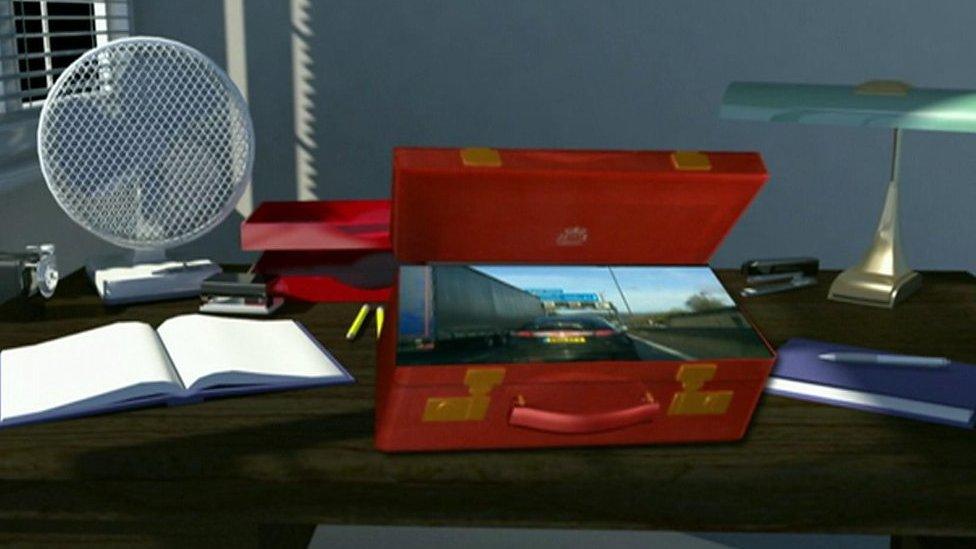
- Published5 March 2017
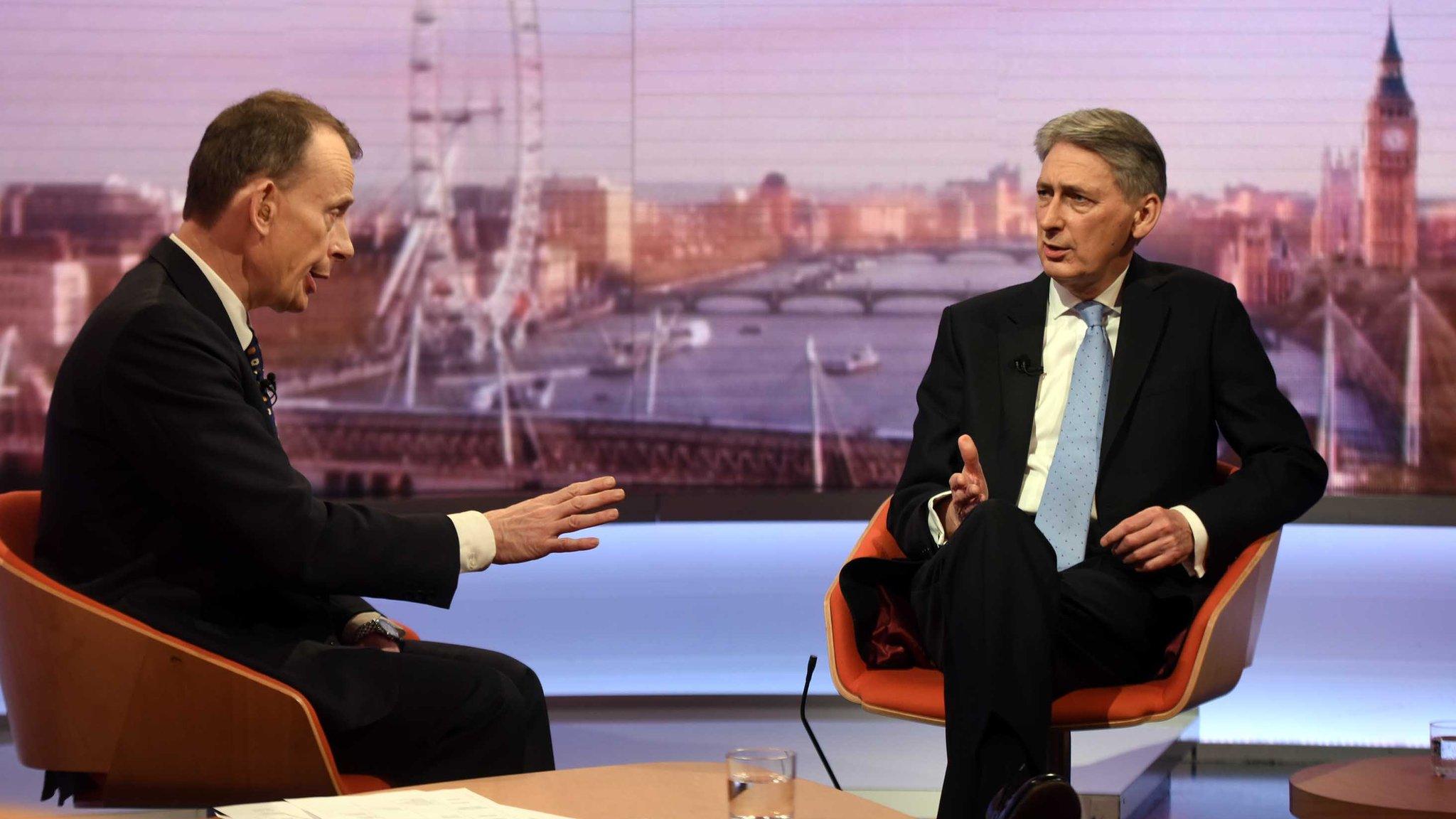
- Published5 March 2017
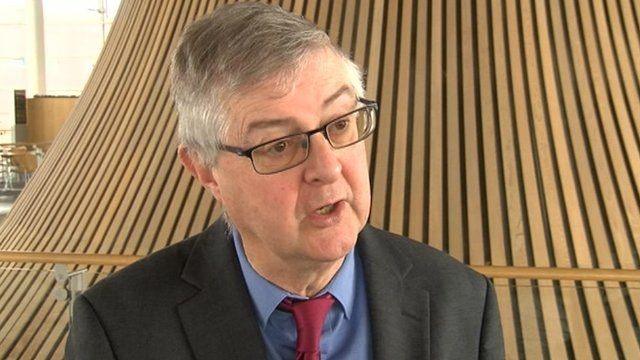
- Published7 March 2017
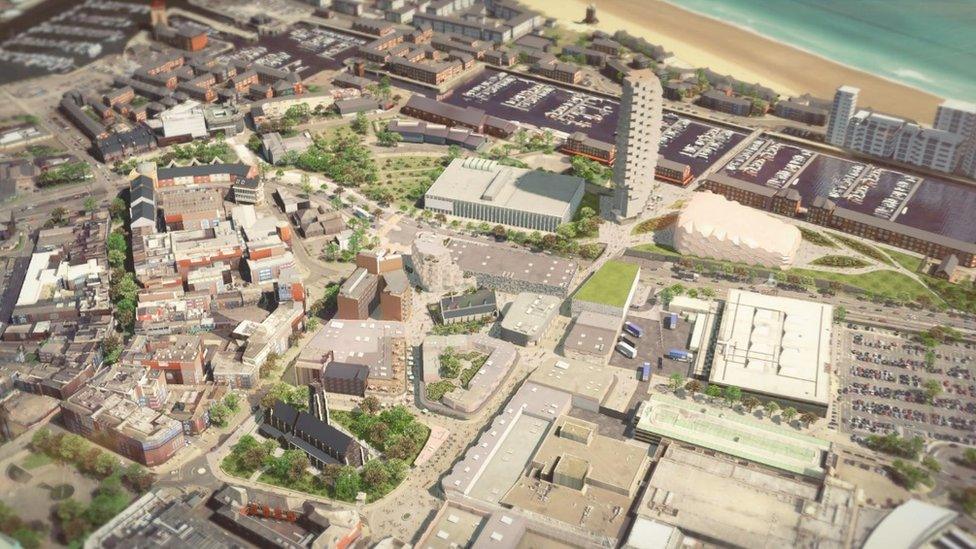
- Published1 December 2016
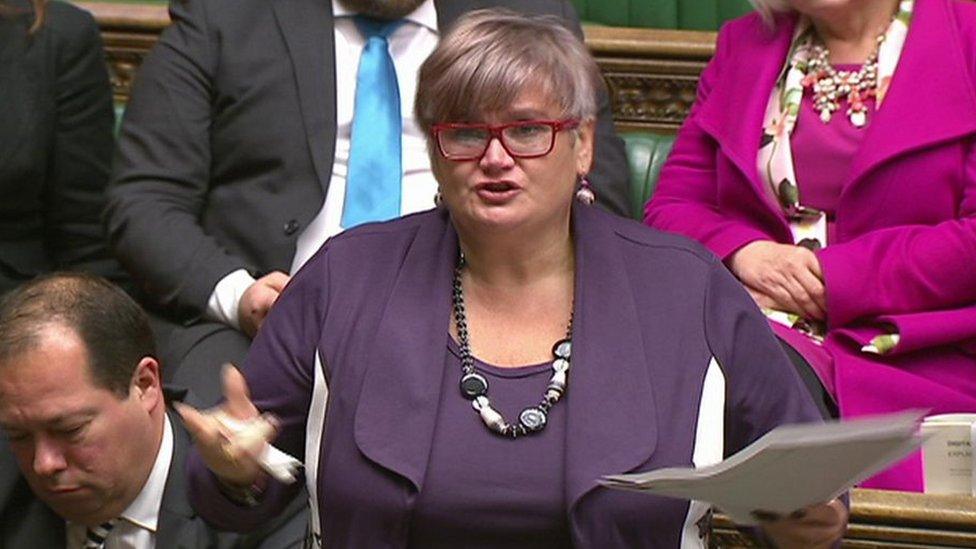
- Published6 April 2016
